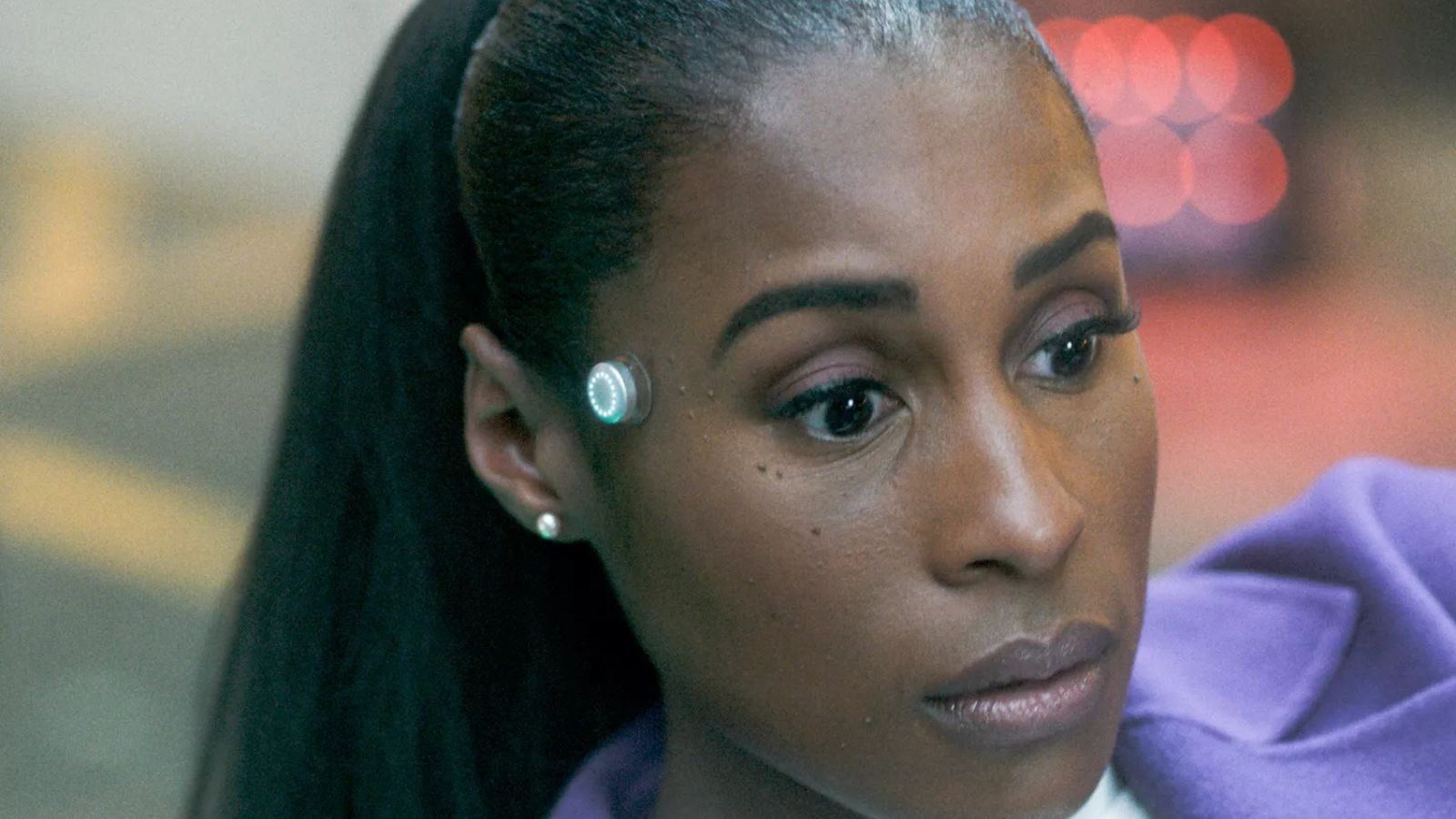
Why Is Netflix Planning to Trial Linear Television Offering?
- Netflix will introduce a more “traditional” linear viewing channel called Direct in France.
- This is already rolling-out on the web, but it’ll land on the apps sometime next month.
- Netflix wants to experiment with the new offering in a country that it considers to be a key market.
When Netflix announced its plans to pilot a linear television offering (called Direct) in France, many people wondered where that came from. Streaming platforms like Netflix are supposed to render linear TV obsolete by taking away all the elements that people hate about it, giving subscribers the total control they have been yearning all this time. So, why would Netflix, the most successful of them all, be willing to give linear TV programming a try?
Netflix justified the move by saying that watching TV in the traditional way remains hugely popular in France. Thus, they would like to test a new ‘Direct’ feature that will be great for those who just want to lean back and watch something without choosing it themselves. The streaming platform will measure how many subscribers will view Direct, how long they’re staying on the TV channel, and whether or not they go binge the shows they happen to "stumble upon" on it.
It makes sense, really, especially when considering what a large number of people are used to doing for decades. During the pandemic, people who had no previous experience with streaming platforms became more open to joining Netflix, so there’s a large number of new subscribers who aren’t comfortable in that somewhat unfamiliar space. There’s a growing demographic group in the 45+ and 55+ for Netflix in Europe right now, so there’s a clear need for a more “traditional” choice.
Also, there’s the aspect of being overwhelmed by the many choices you have, which is why Netflix has previously experimented with a “Shuffle Play” button that just picks something at random. Linear TV and shuffle play could enable users to discover something they love, even if they would never be convinced to watch it from the trailer and the description. This doesn’t concern only the older users, but everyone really.
For starters, Netflix made ‘Direct’ available via a web browser on November 5, but it’ll soon (in December) land on the TV apps too. This is where the pilot testing will really begin. If the experiment produces positive results, the United States and the UK will follow.










